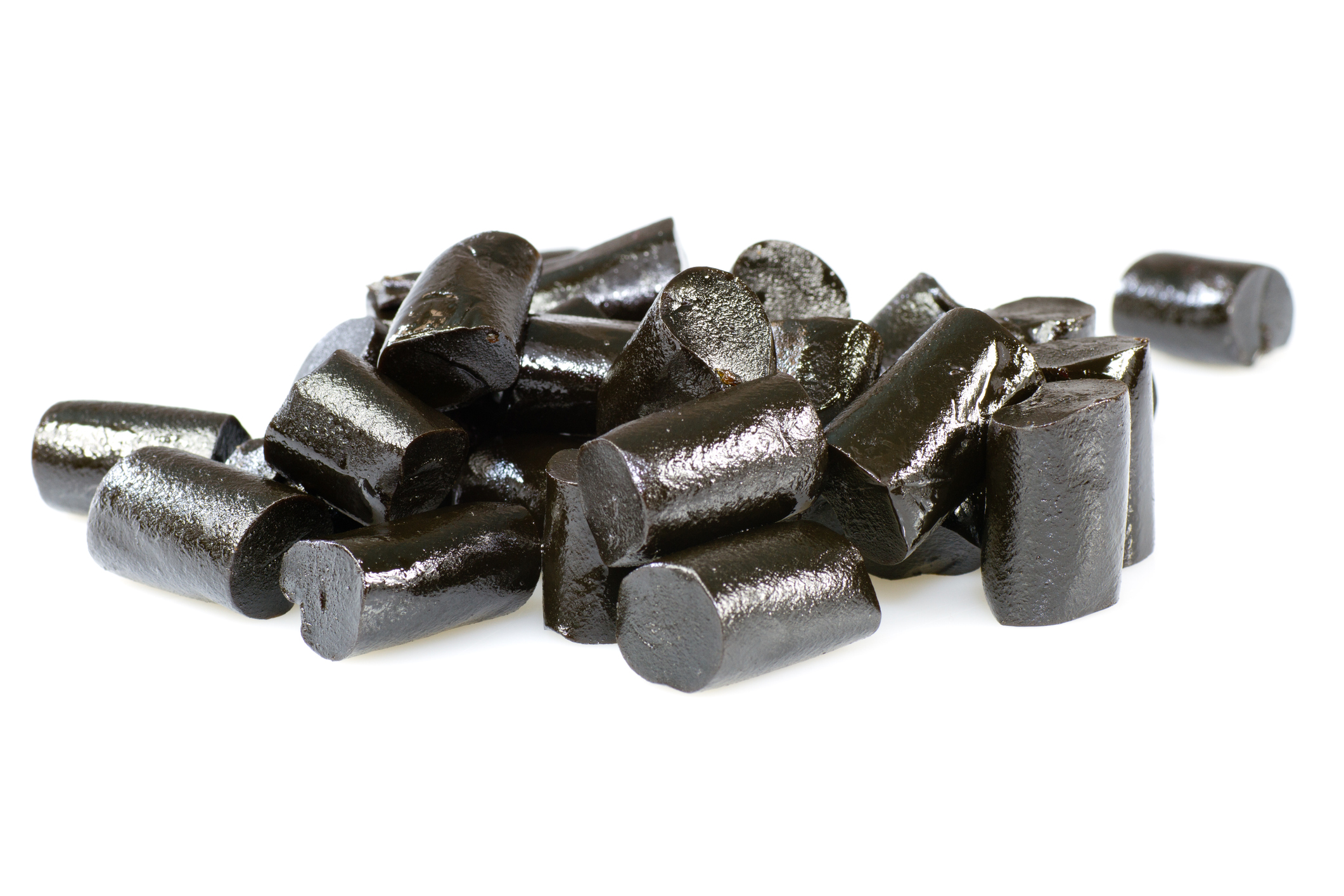Halloween is just around the corner and nostalgia may have you searching the candy aisles for a sweet reminder of childhood. But if black licorice is your guilty pleasure, be sure to eat in moderation. Glycyrrhizic acid, found in many licorice-derived foods and supplements, can lead to heart rhythm problems especially in adults over the age of 40.
According to a Global News report, a Massachusetts man recently collapsed at lunch with his co-workers and later died from a heart issue caused by his black licorice habit. The 54-year-old man ate a bag and a half of licorice every day after work for several weeks. The chemical glycyrrhizic acid found in black licorice raises blood pressure and lowers potassium levels when consumed in large amounts. Low potassium creates an electrolyte imbalance and combined with increased blood pressure, led to a heart event. Although the man was revived with CPR, he died the following day.
Glycyrrhizic acid is found not only in black licorice candy, but also licorice tea, and even some Belgian beers. The United States Food and Drug Administration recommends that concentrations of glycyrrhizic acid not exceed 3.1 percent but because the chemical is not regulated by the ounce, it can be difficult to know how much is in a serving of candy, tea, or another supplement. As little as 2 ounces or 57 grams can cause heart rhythm problems within a period of two weeks, especially for older adults.
Glycyrrhizic acid (GZA) toxicity can also lead to peripheral edema and weight gain as well as hypertension. It is often used as a flavor-enhancer in candy, gum, herbal teas, soft drinks, tobaccos, and herbal remedies for cough, stomach problems, and constipation. If you have a history of heart disease or high blood pressure or are over the age of 40, eating more than 2 ounces of black licorice a day for just two weeks can lead to potentially serious health problems. If you experience heart palpitations, muscle weakness, or other health-related problems after eating a lot of black licorice or licorice-flavored drinks, stop consuming the product and seek medical attention immediately.
Learn more by following this link to the FDA website.






Add Your Voice
0 Comments
Join the Discussion